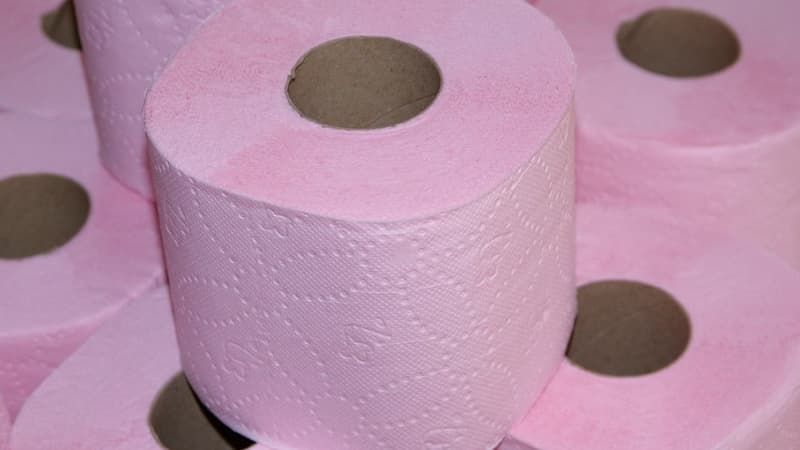Is the future of Hakle toilet paper in coffee grounds? The German manufacturer, suffocated by the very high costs, relies in particular on the recycling of this food waste to avoid bankruptcy. The recent trajectory of this almost century-old SME is dizzying: in 2020 it took advantage of an avalanche of consumers on its production during the first confinement linked to the Covid-19 pandemic.
But in early September, Hakle, one of Germany’s leading toilet paper brands, filed for bankruptcy after seeing its energy bill “increase tenfold”, co-director Karen Jung told AFP. Despite the scare to the Düsseldorf (west) company and its approximately 220 employees, Karen Jung is not giving up. Recycling coffee grounds in toilet paper is the latest discovery of the SME to reduce its costs, while acting for the environment.
We want to use the fibers (from the pomace) to make paper”, explains the woman who runs the company created in 1928 together with her husband. Last week the first rolls with this process left the factory. The goal is to reach between “20 and 25%” of coffee grounds instead of wood fiber cellulose, a raw material whose cost has also skyrocketed due to demand from China, the world’s largest consumer.
energy boost
This alternative would also allow the use of “a quarter of the trees less”, adds Karen Jung, responsible for purchasing and marketing. Hakle already managed two years ago to produce toilet paper from grass grown in the Rhineland, being able to include it “up to 30%” in the paper pulp. The preliminary bankruptcy procedure gives three months of pardon to the SME to turn around and present a viable plan for the continuation of the activity.
The company is more willing to take on the challenge as it has “full order books,” says Karen Jung.
If the financial equation suddenly became unsolvable, it was because Hakle found it impossible to increase his selling prices in proportion to his cost increases. The main competitors of SMEs in Germany do not depend, for their part, on a single star product such as toilet paper. “The cost of a roll of toilet paper is 80% related to pulp, energy, logistics, and these 3 factors are dictated by the global market,” explains the co-director of the German company.
Prices have risen to almost 400 euros per megawatt hour for gas, compared to 50 euros before the energy crisis, and up to 1,000 euros for electricity. The Düsseldorf plant consumes about 100 gigawatt hours per year. This week, the German Association of Small and Medium-sized Enterprises (BVMW), the backbone of Europe’s largest economy, warned of a wave of bankruptcies due to rising energy costs.
“Formula 1 Racing”
Hakle has navigated the last forty years between various owners, from the American giant Kimberly-Clark to a Luxembourg private equity firm, before Volker Jung took 50% of the shares in 2019 with a new business approach that favors the innovation. “After a brief complete shutdown (early September), we now have to do laps, like in a Formula 1 race,” explains Karen Jung.
The company has already replaced gas supply with oil in the paper production cycle. For the electricity used during the transformation phase into coils, the long-term goal is to cover half of the needs with photovoltaics. A project started 18 months ago and that will continue depending on the result of the creditors’ meeting.
Source: BFM TV


